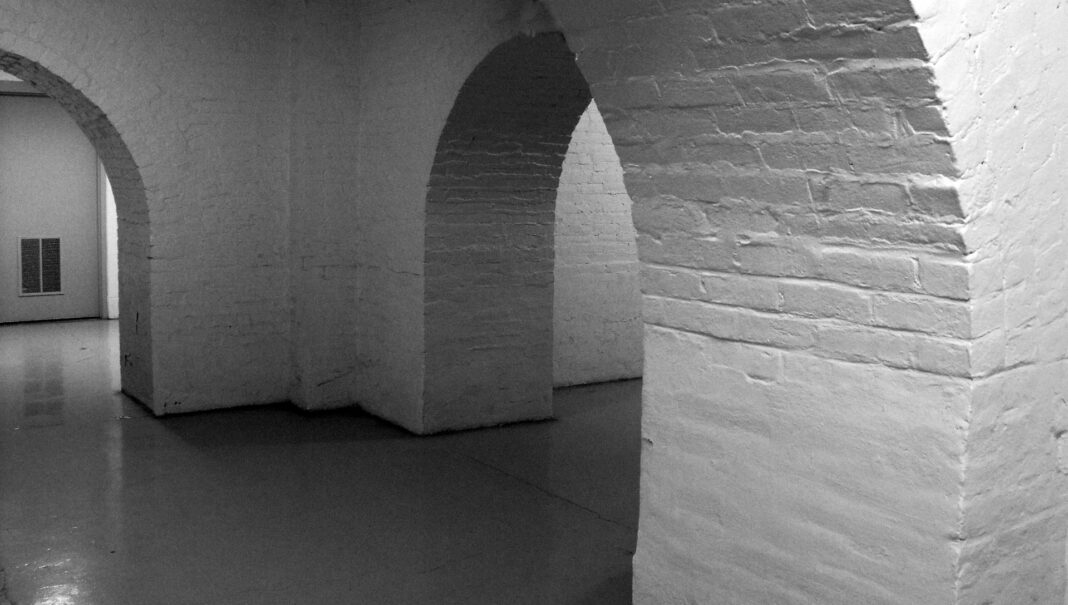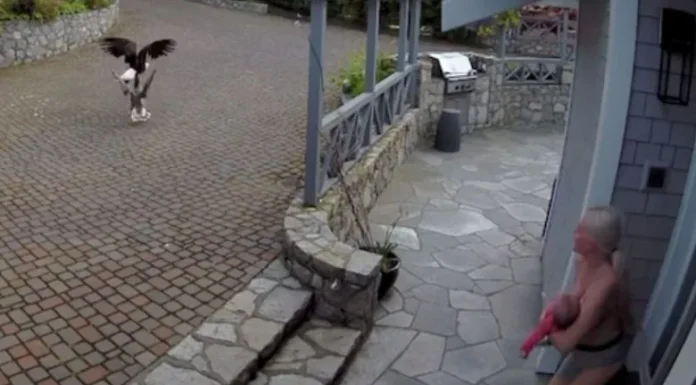Because they are below ground, a damp basement or cellar is distinct from damp in other areas of a structure. This raises a slew of new concerns, making damping out more difficult and likely to occur. However, whatever your damp basement problem, it may be addressed and here are recommendations from a damp expert to assist you.
WHY DO BASEMENTS AND CELLARS GET DAMP?
Because they are below ground and the walls are earth retaining, basements and cellars are much more likely to be damp. Groundwater forces moisture from below the earth up through the wall laterally as hydrostatic pressure demands it. Damp in basements, cellars, or vaults may either be prevented by ‘blocking’ it.
Damp basements or cellars are seldom used, so they are often inadequately heated or ventilated, allowing damp and humidity to build up and making them a miserable environment to be in. Wood decay caused by long-term damp, such as Wet Rot and Dry Rot, especially on structural timbers that are built into or directly in contact with can also be a leading cause.
REPAIR ANY BUILDING DEFECTS THAT EXIST
Exterior construction problems such as leaking rainwater items, broken and hollow rendering, bad neighbour paving or paths, or blocked and cracked drains, can all contribute to the moisture that enters your property. All external issues should be addressed in some way.
WHY DAMP PROOF THE WALLS & FLOORS?
Basement walls are the most critical aspect of your project, and only an expert damp proofing contractor should work on them. When damp proofing basement walls, the absorption of water through brickwork or flooring will be restricted or controlled, respectively.
A Cavity Drain Membrane system, for example, is frequently the selection of many homeowners and architects for long-term protection and a warmer environment.
Alternatively, the building’s walls and floors may be “tanked,” which is a term for waterproofing made to last. Between two coats of gauged coats of waterproof sand and cement rendering, slurry coats of a cementitious damp proofing material are applied to ‘block’ the moisture from coming in.
THE BENEFITS OF CONVERTING YOUR BASEMENT OR CELAR
The majority of us are frequently asked if it’s a good idea to convert our basement or cellar, and the answer is usually yes. You’re fortunate to have this unused area, so why not make the most of it?
It may be used for a variety of things, regardless of how big or little the space is. From a fresh utility area to a full suite, including living rooms, offices, and even movie rooms, it can be used in every case.
Another wonderful aspect of basement or cellar remodelling is that whatever you spend on it will increase the value of your home, making it a beneficial investment.
HOW PRACTICAL IS IT TO CONVERT YOUR BASEMENT OR CELLAR?
In most situations, a basement or cellar conversion is quite handy, but there are several questions to consider. The first is whether we have enough head height; if the answer is no, can the flooring be lowered without disturbing the foundations?
If you have any doubts, get expert advice from a structural engineer. Is it possible to include the services I require? The answer to this is always yes because everything has its own equipment, so in the end it is feasible to convert your basement or cellar.
CAN THE BASEMENT BE INSULATED?
If the damp proofing system is to be a cavity drain membrane, yes, it may. This is an excellent time to insulate walls, floors, and ceilings before the final linings and plasterwork are applied. You can also install all of your electrical wiring, plumbing fixtures, utilities, and even underfloor heating in order to make your rooms
CAN I STUMP MY NEW ROOMS WITH THE WALLS?
The answer is a firm ‘no.’ Drilling any holes in the walls or floors will damage the waterproof membrane and invalidate the company’s warranty. It’s critical that you inform your damp proofing contractor of where you want to put various things so they can take precautions during the installation. Remember, if you drill any holes in it, it will leak
DAMP PROOF DRAINAGE SYSTEM
Finally, a damp expert will frequently recommend including a drainage system in the basement waterproofing requirement. This is a special drainage system that includes floor channels that connect to a sump chamber and pump. Any water trapped behind the membrane will flow into the channel, be sent to the sump, and then discharged through a specified drain if it enters from behind
Underground rooms should only be waterproofed by specialists, and the distinction between a builder and a specialist expert should never be blurred. Danford, Brewer &Ives are Specialists in Basement Conversions and have all of the expertise and experience needed for these conversions.

















